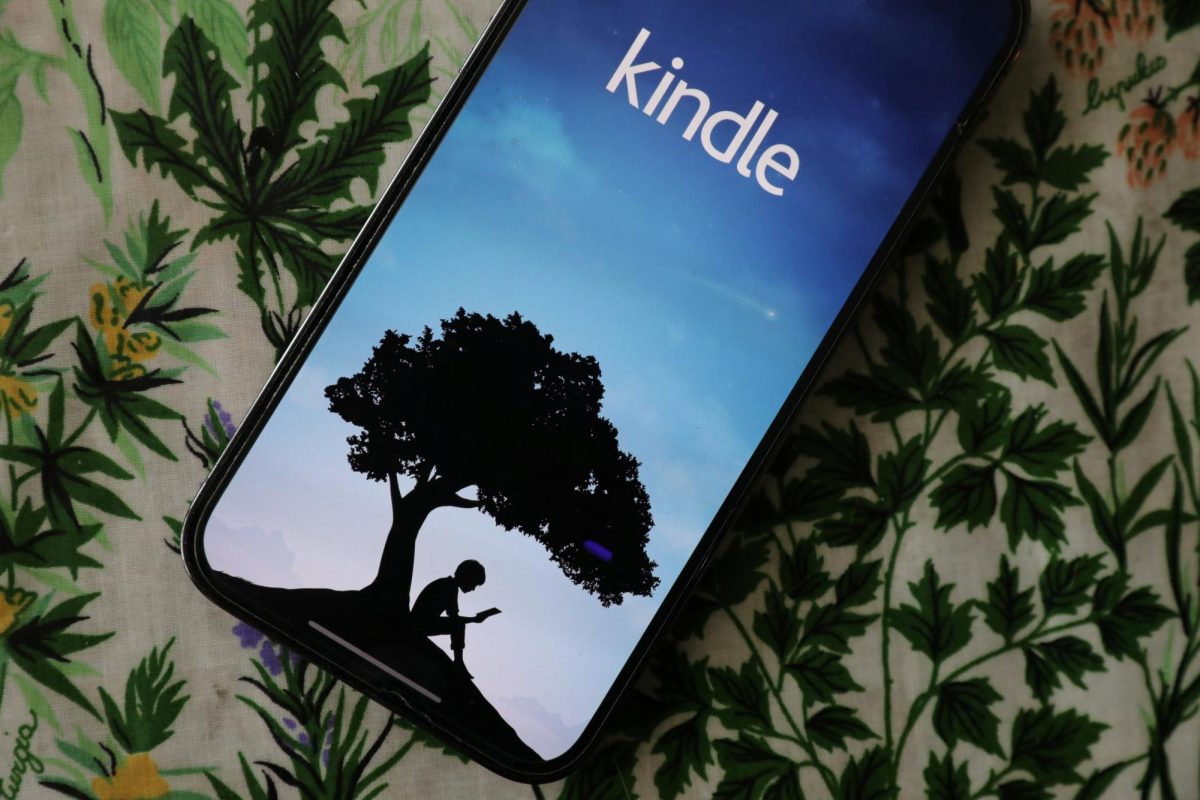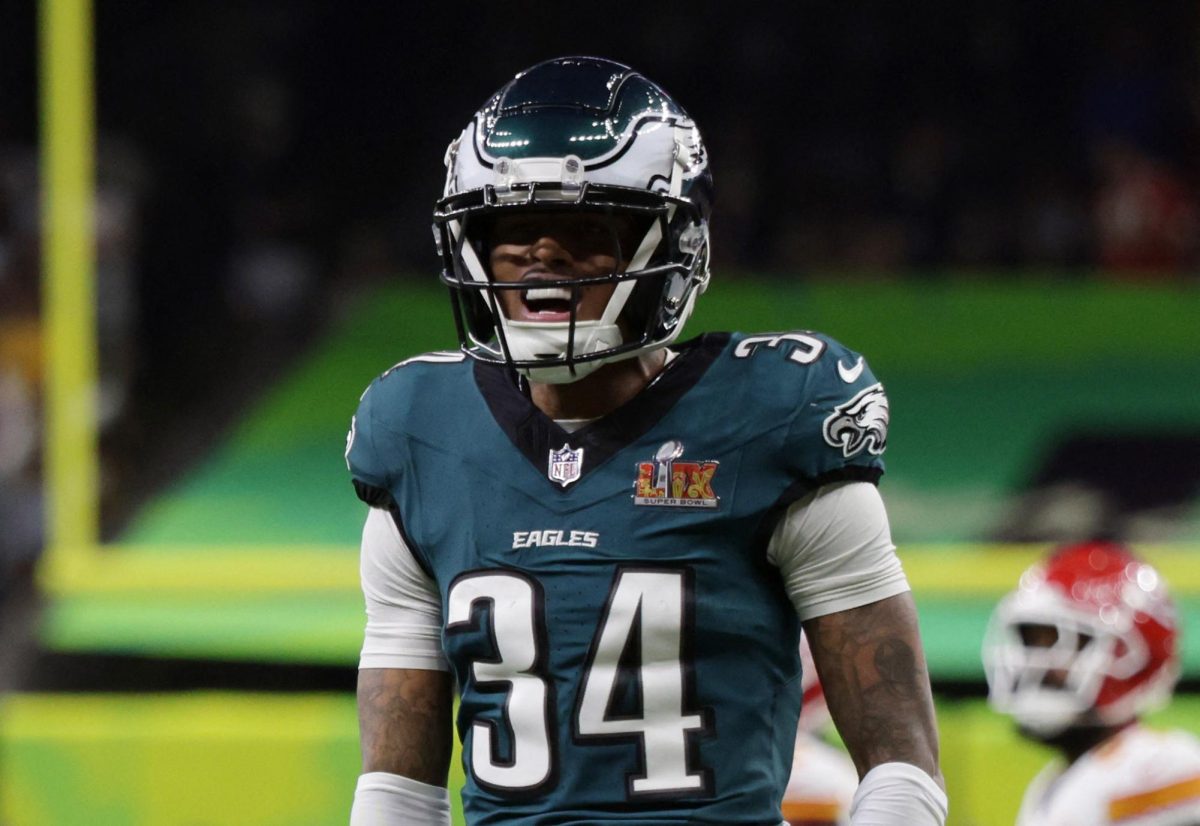The internet has transformed the way people consume content, share ideas and define cultural relevance. In the age of social media, influencers hold unprecedented sway over public opinion and behavior, particularly among younger audiences. What once required years of credibility or expertise to achieve can now be attained through viral moments, controversial antics or an effective algorithmic push. This democratization of fame has benefits — offering underrepresented voices a platform — but it also has severe pitfalls. When the figures elevated to the top lack accountability, substance or moral responsibility, the consequences ripple far beyond the screen.
Influencer Adin Ross is probably the most high-profile example of this worrying trend. Once strictly a gaming channel, Ross’s platform has recently played host to an array of more divisive guests, including Andrew Tate, a man currently awaiting trial for human trafficking charges and white nationalist Nick Fuentes. The fact that Ross has moved in this direction is not some harmless evolution; it’s a conscious choice to lean into provocation. As Teen Vogue reports, Ross’s platform, Kick, is dominated by young male viewers-many of whom are vulnerable to the ideologies these guests spew. A recent survey by the Equimundo Center found that more than 40 %of young men trust misogynistic voices like Tate and Jordan Peterson more than they trust any political leader.
This matters because these influencers aren’t just entertainers; they are political operatives, whether knowingly or not. An interview with former President Donald Trump by Ross earlier this year drew in nearly 600,000 viewers. Trump, cunningly understanding the power of these platforms, appealed to first-time voters by lamenting the loss of the “American Dream.” His rhetoric tapped into the disillusionment many young men feel about their economic futures. As
Owen Foster and Pete Markiewicz from Brookings note, the fragmented news ecosystem of social media allows users to envelop themselves in echo chambers where grievances are nurtured rather than challenged.
It’s easy to dismiss this as the natural evolution of celebrity culture, or to chalk it up to the algorithm’s appetite for controversy, but the consequences are real. Take AP VoteCast data, which shows that over half of men under 30 supported Trump in the election of 2024-a sharp rightward swing from only four years prior. This is not simply a political shift, but rather how influencers have positioned themselves as the voice of young, disaffected men. Figures like Ross, Tate and even mainstream influencers like Logan Paul have honed their skills to become relatable while implanting toxic ideologies into their contents.
This is not the failure of individuals; rather, it is a system failure augmented through the design of social media. The decentralized nature of such platforms slices up the audiences into even narrower interest groups. While this may nurture diversity, it also cultivates fertile ground for extremism. On YouTube, a young man looking for tips for fitness or self improvement can find himself deep within the so-called “Manosphere,” where toxic masculinity is deified, and feminism is demonized.
The normalization of destructive rhetoric from influencers has effects that reverberate far beyond politics. The rise of anti-feminism among young men is irrefutably linked to feelings of economic and social insecurity. Rather than addressing these with nuance, influencers offer scapegoats. Young men find groups of feminists, immigrants and “woke” individuals who are easier to blame, furthering resentment and division.
Liberals have failed to find an effective counter to this phenomenon. Where Vice President Kamala Harris’s campaign tried to reach out to young men through focused policies and community leaders, it didn’t have the same emotional urgency in its pitch. According to Teen Vogue, Republicans, by contrast, have made overt appeals to young men through figures like Senator Josh Hawley and media campaigns channeled into political action. This imbalance has left progressive voices on the back foot, scrambling to offer alternatives that feel authentic and engaging.
What is most disturbing, however, is the complete lack of accountability. Influencers like Ross and Tate do not exist within the same ethical frames as traditional media. They are not journalists constrained by fact-checking or fairness. They are entertainers who make money off of controversy, even when that controversy comes at the expense of their audience’s well-being.
So, what can be done? First, social media companies must take greater responsibility for the content they amplify. Algorithms that reward sensationalism and outrage should be recalibrated to promote constructive dialogue and accurate information. Further, progressive leaders must do more to reach young men where they are-not just with policies, but with empathy. It is jermain that society addresses the real struggles of young men without polarizing for profit and therefore undermining the greater struggle for equality.
Society must demand more from the influencers who shape its culture. Being an internet personality is not a free pass to spread hate or misinformation. Young people deserve role models who challenge them to think critically, not just to follow blindly.
This is not about silencing dissension or removing diverse perspectives. This is about understanding the levers of immense power being utilized by the influencer class, and asking them to be responsible for that power. If they are not, then the world will end up with a generation more divided, disillusioned and disconnected than it has ever known, and that is a price nobody can afford to pay.









